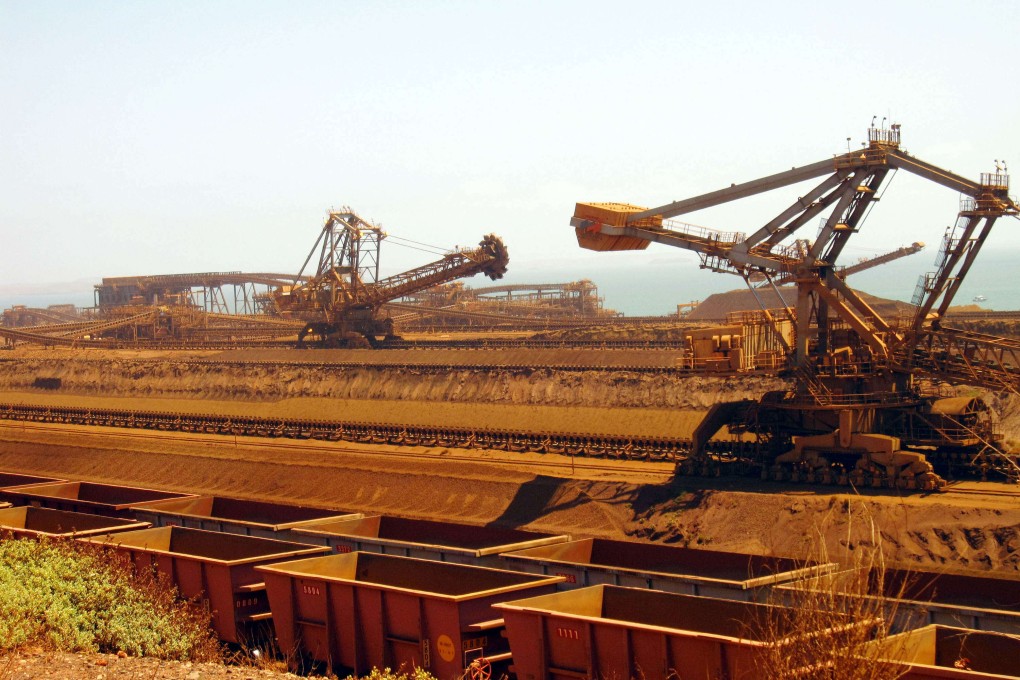China vows crackdown on iron ore speculators causing ‘abnormal’ price swings
- State planners warn of ‘abnormal fluctuations’ in prices for the steel raw material despite stable demand and supply overall
- Hoarders, speculators and misinformation spreaders in cross hairs

China’s top economic planners have pledged to crack down on the speculative trading of iron ore and stabilise the domestic market after “abnormal” price rises in recent weeks.
State planning body, the National Development and Reform Commission (NDRC), warned of “abnormal fluctuations”, as the price of the key steelmaking ingredient rose by nearly 60 per cent from mid-November to US$138 per tonne.
“The government analysis found that the demand and supply is overall stable and domestic stockpiles are at their highest in years. We found a speculative factor in the recent fast price hike,” an NDRC statement released on Friday said.
The NDRC, which formulates China’s macroeconomic plans, said it would investigate the market price changes and crack down on hoarders, malicious speculators and misinformation spreaders.
We’ll consider taking more powerful and effective measures to ensure the stability of iron ore prices
“We’ll consider taking more powerful and effective measures to ensure the stability of iron ore prices,” the statement said.
China imports more than three-quarters of its iron ore, mainly from Australia and Brazil. This makes it vulnerable to price hikes. The average import price paid last year was US$164 per tonne, up 55.3 per cent from 2020.